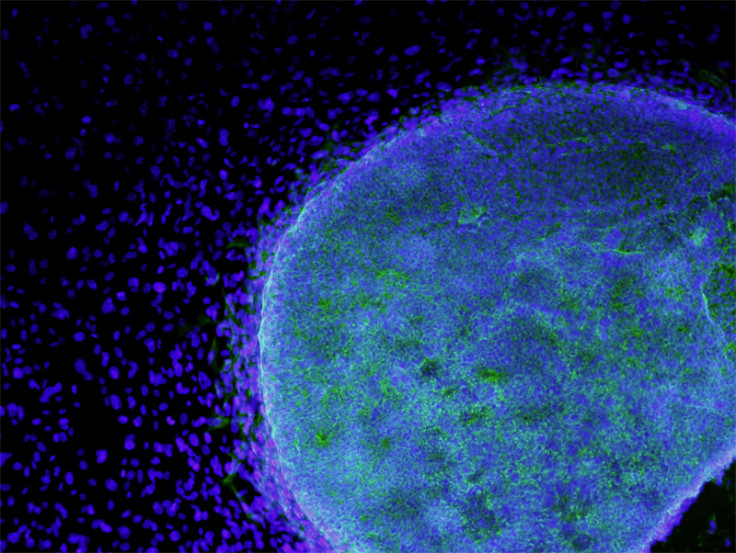Key Gene for Stem Cell Development Found

A team of Michigan State University researchers have stumbled upon a gene that could be key to the development of stem cells -- cells that have the ability to develop into any kind of cell in the body.
The gene, known as ASF1A, is one of the genes responsible for the mechanism of cellular reprogramming, where one cell type can be switched into another.
In a paper published in the journal Science, the researchers describe how they analysed more than 5,000 genes from a human egg, or oocyte, before determining that the ASF1A, along with another gene known as OCT4 and a helper soluble molecule, were the ones responsible for the reprogramming.
"This has the potential to be a major breakthrough in the way we look at how stem cells are developed," said Elena Gonzalez-Munoz, a former MSU post-doctoral researcher and first author of the paper.
"Researchers are just now figuring out how adult somatic cells such as skin cells can be turned into embryonic stem cells. Hopefully this will be the way to understand more about how that mechanism works."
In 2007, a team of Japanese researchers found that by introducing four other genes into cells, stem cells could be created without the use of a human egg. These cells are called induced pluripotent stem cells, or iPSCs.
"This is important because the iPSCs are derived directly from adult tissue and can be a perfect genetic match for a patient," said Jose Cibelli, an MSU professor of animal science and a member of the team.
The researchers say that the genes ASF1A and OCT4 work in tandem with a ligand, a hormone-like substance that also is produced in the oocyte called GDF9, to facilitate the reprogramming process.
Stem cells are a class of undifferentiated cells that are able to differentiate indefinitely into specialised cell types. They form the body's repair mechanism where they start dividing and producing cells when the tissue they reside in is damaged. These stem cells are found in most tissue types as well as in the embryo. Increasingly, they are being harvested in the lab for treating patients.
By knowing the genes responsible for reprogramming of stem cells, researchers hope to get closer to the process with its immense potential in treating incurable conditions.
© Copyright IBTimes 2025. All rights reserved.





















